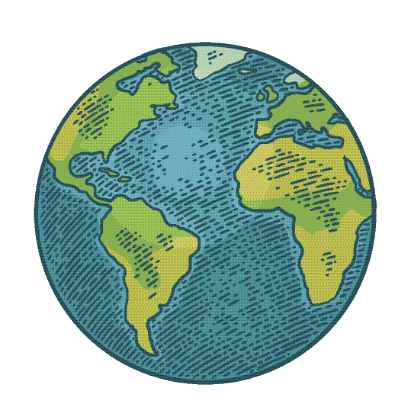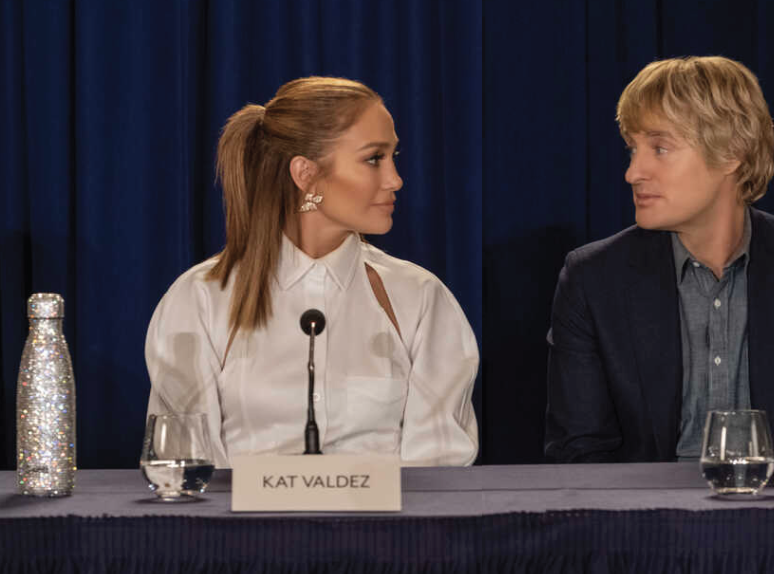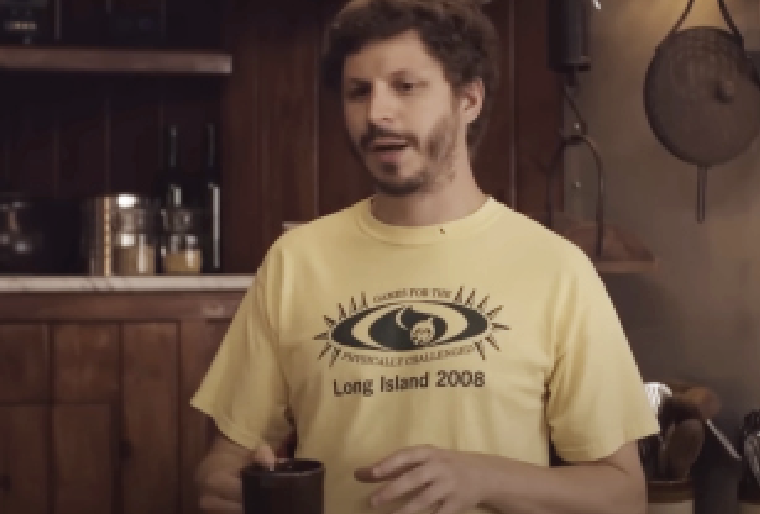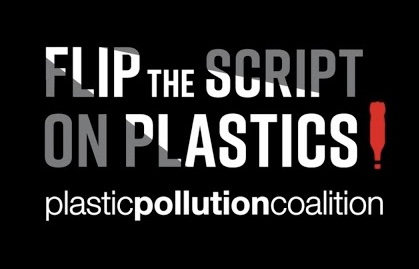Last updated:
Plastic is an epidemic. Film and TV have the power to model a path towards a plastic-free future. Plastic Pollution Coalition has created a simple test for on-screen entertainment: The Begley-Cohen Test

Actor/environmental activist Ed Begley Jr. and Plastic Pollution Coalition co-founder Dianna Cohen.
How Does a Film or TV Show Pass the Test?

- No single-use plastics appear on screen (i.e., the film/show is set in a time with no plastic, or plastics are replaced with refillable, reusable, or package-free options).
- If a single-use plastic item appears on screen, it is portrayed or discussed as problematic.
Why It Matters

99% of plastic is made from fossil fuels.

Plastic inflicts major injustices on BIPOC, rural and low-income communities.

Plastic contaminates our Earth with waste and toxins.

Every 30 seconds, one person dies of disease from plastic and waste.

Plastic items injure and kill millions of wild animals every year.
A 60-day shoot uses around 39,000 water bottles.
Producers Guild of America / Green Report
Categories for Passing the Begley-Cohen Test

1. Time Period: Stories set in a time before the invention or mass production of plastic are a sure-fire way to feature plastic-free worlds on screen. Example: Bridgerton

2. Satire: Single-use plastics are portrayed within the story in an over-the-top or satirical way that highlights the absurdity and problematic nature of the single-use plastic items. Example: Crimes of the Future

3. No Single-Use Plastics: Single-use plastics are present and available, but none are depicted on screen. Plastic items for long-term and multiple uses may still be depicted (furniture, appliances, computers, cell phones, medical equipment, toys). Example: Marry Me

4. Time Period: When single-use plastics appear on screen, the script and/or characters make a distinct effort to point out or discuss the problematic nature of their use or existence. Example: Life & Beth


